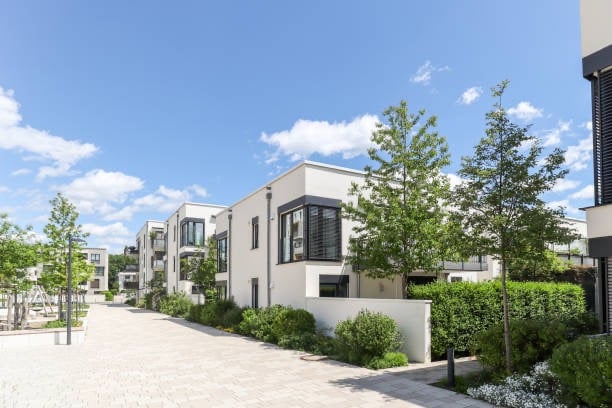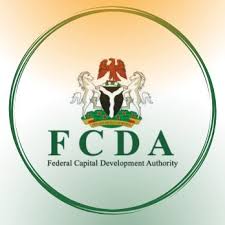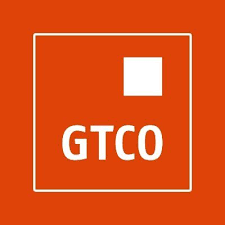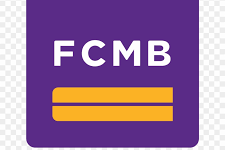RENT VS BUY
Housing Dilemmas for Young Nigerians
PERSONAL FINANCE
Fabian Agore
11/3/20253 min read


For many young Nigerians—fresh graduates, early-career professionals, or entrepreneurs in cities like Lagos or Abuja—the decision between renting and buying a home is a major one. On paper it’s simple: rent lets you stay flexible, buy lets you build equity. But the reality in Nigeria is far more complex.
The Rental Realities
Renting seems immediately more affordable—but that affordability is slipping. Annual rent for a two-bedroom flat across major cities now averages ₦1.5 million to ₦2.5 million (and higher in prime areas). According to one report, rents for two-bedrooms in Lagos recently jumped over 50 % in just a couple of years.
Say Ayo, a 29-year-old marketing professional in Nigeria, earns about ₦5 million a year. He finds a 2-bedroom apartment in Lagos for ₦2 million per year—pretty steep (40 % of his income!). But buying seems further away.
If he chooses to rent, he keeps flexibility. He might move jobs, relocate to a suburb, or invest his leftover money instead of being tied down. But the downside: none of that rent builds into an asset. He’s simply paying someone else’s mortgage and the money is gone when the lease ends.
The Buying Quandary
Buying a home in Nigeria means tying up large sums—but potentially building long-term value. In Lagos for example, a 2- or 3-bedroom in a decent area can cost ₦75 million to ₦180 million or more. Mortgage rates are high, interest is steep, and the upfront costs (down payment, legal, development fees) are sizeable.
Let’s continue with Ayo. If he wanted to buy a flat for ₦80 million and requires a 20 % down payment (₦16 million), plus documentation and transfer costs, that’s beyond his current budget. Plus he’d need to commit to staying put—if he moves for a job or market weakens, he could end up stuck or facing a loss.
On the flip side, if things go well, property values in hotspots rise 8-15 % annually, so his bought unit might appreciate significantly. He also wouldn’t face annual rent hikes, and could later rent out part of it for income.
A Practical Example & Decision Framework
Let’s make it concrete:
Ayo rents at ₦2 million/year. After 5 years, he pays ₦10 million in rent—zero ownership.
If he buys at ₦80 million with 20 % down (₦16 million) and a 15 year mortgage at high interest, his monthly payment might be onerous, excluding maintenance, levy, etc.
If the property appreciates at say 10 % per year, after 10 years it might be worth about ₦207 million. But he must stay, maintain, and manage risks (market downturns, infrastructure problems, title issues).
Here’s a rough decision guide:
Rent if you’re under 5–7 years in the location, your finances are uncertain, or you expect to move cities/jobs.
Buy if you’re settled in one location, have substantial savings, comfortable monthly cashflow, and believe the area has strong appreciation potential.
In Nigeria’s case, high upfront costs, weak mortgage markets, inflation and infrastructure issues tilt slightly in favour of renting for many young people—for now. As one expert puts it: “Renting makes sense for young professionals. It’s flexible and avoids high mortgage rates.”
Conclusion
There’s no one-size-fits-all answer. For young Nigerians like Ayo, the current economic climate—with steep rent increases, expensive property prices, and high interest rates—means that renting often offers the greater short-term practicality, while buying remains a long-term wealth-building strategy that requires firm footing and commitment. The key is to assess your budget, your career mobility, the location’s outlook, and how long you plan to stay. In the end, make a choice that supports your goals—not just what seems trendy.
Visit this page daily for your dose of financial sense to power up your wealth growth. Also, share with your family, friends and colleague





